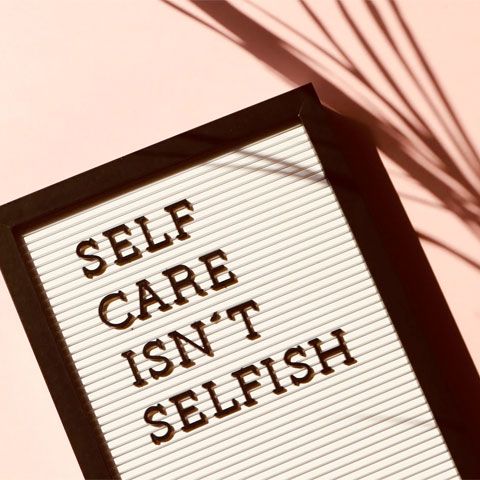
Being a caregiver is a tough job, where there does not always seem to be enough time in the day to do all that needs to be done. Have you ever felt like: I have nothing left to give my loved one - how do I possibly take care of myself, while trying to care for my loved one as well?
Giving yourself permission to take care of yourself is the first step in allowing yourself time for self-care. Making sure that you take care of yourself is just as important - if not more important - than taking care of your loved one! But now you may be asking, how do I actually do that? Here are a few suggestions that might be helpful as you begin to allow yourself time for self-care:
1. Get involved in a support group.
Some people may not feel that they need a support group, or that they don’t fit in, but sometimes it can help just to be present and listen. You may realize that some of what you are feeling or dealing with is not unusual, and that you are truly not alone.
2. Focus on gratitude.
Personally, I spend each morning either walking, or just writing down at least 5 things that I am grateful for. I try not to focus just on the big picture things i.e.my husband, my job, but I try to focus on the last 24 hours. I find things I am grateful for like the walk I had with a neighbor, the quality time I had with my dad, or even something as simple as I had great water intake yesterday.
3. Get outside.
Spending time outside in the sunshine increases our intake of vitamin D and can surely enhance your overall mental health.
4. Get your body moving.
Whether it is an exercise program, going for a short bike ride, or getting outside and taking a walk, do something to get those endorphins going with physical exercise.
5. Meditation (and a weighted blanket!)
Just take 5 minutes and close your eyes with a weighted blanket. Take some deep breaths to calm your mind and meditate on positive thoughts. Allowing your body to feel supported by the blanket can also calm your mind.
6. Ask for help!
It is not a sign of weakness, but will actually allow you to be the best caregiver for your loved one you can.
Author
Anita Irvin is the Executive Director of Insight Memory Care Center.




